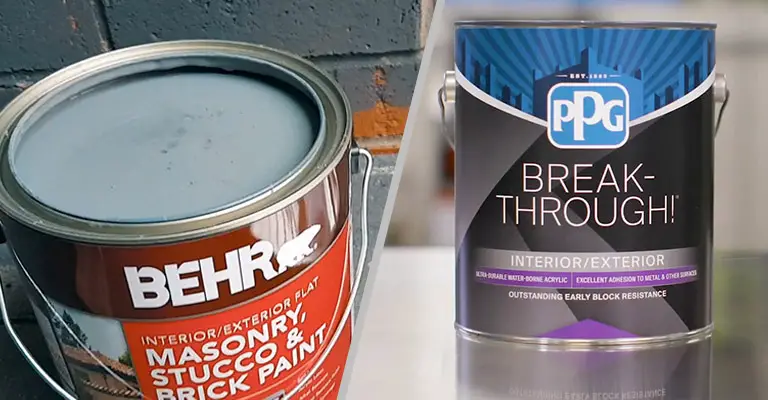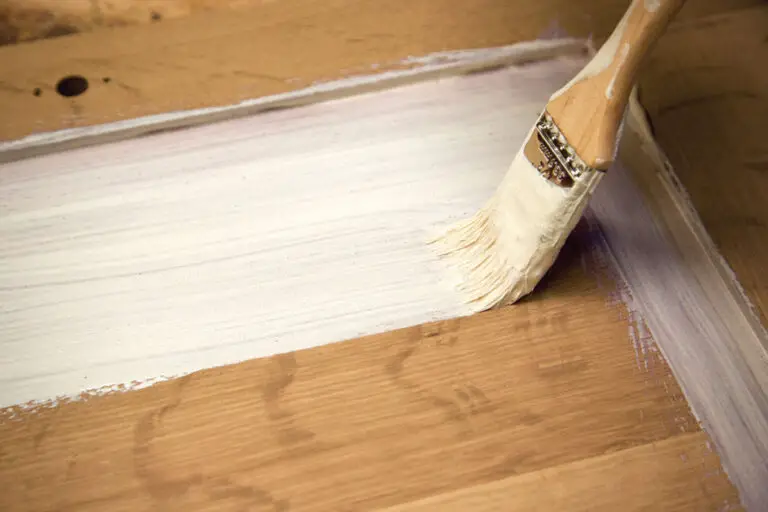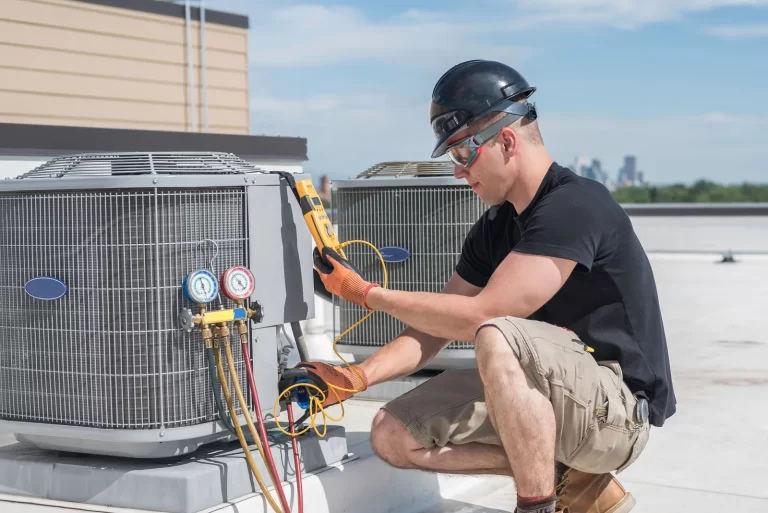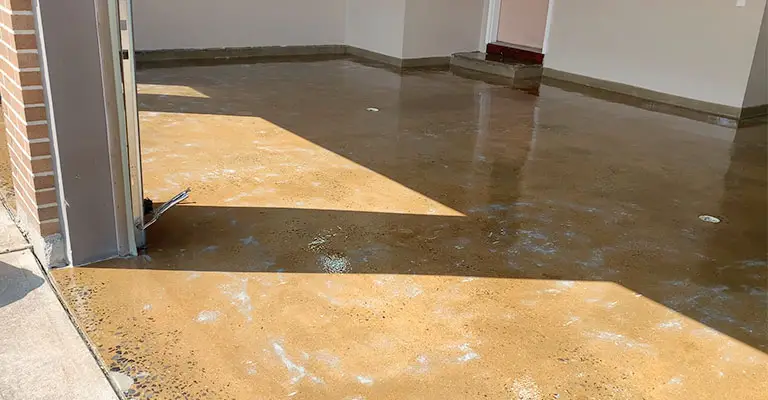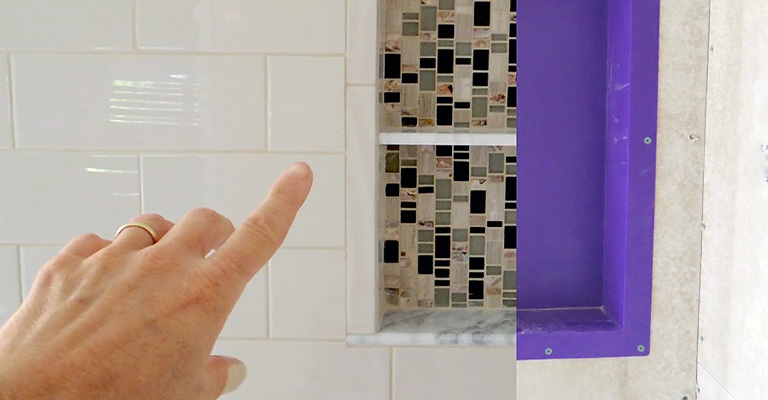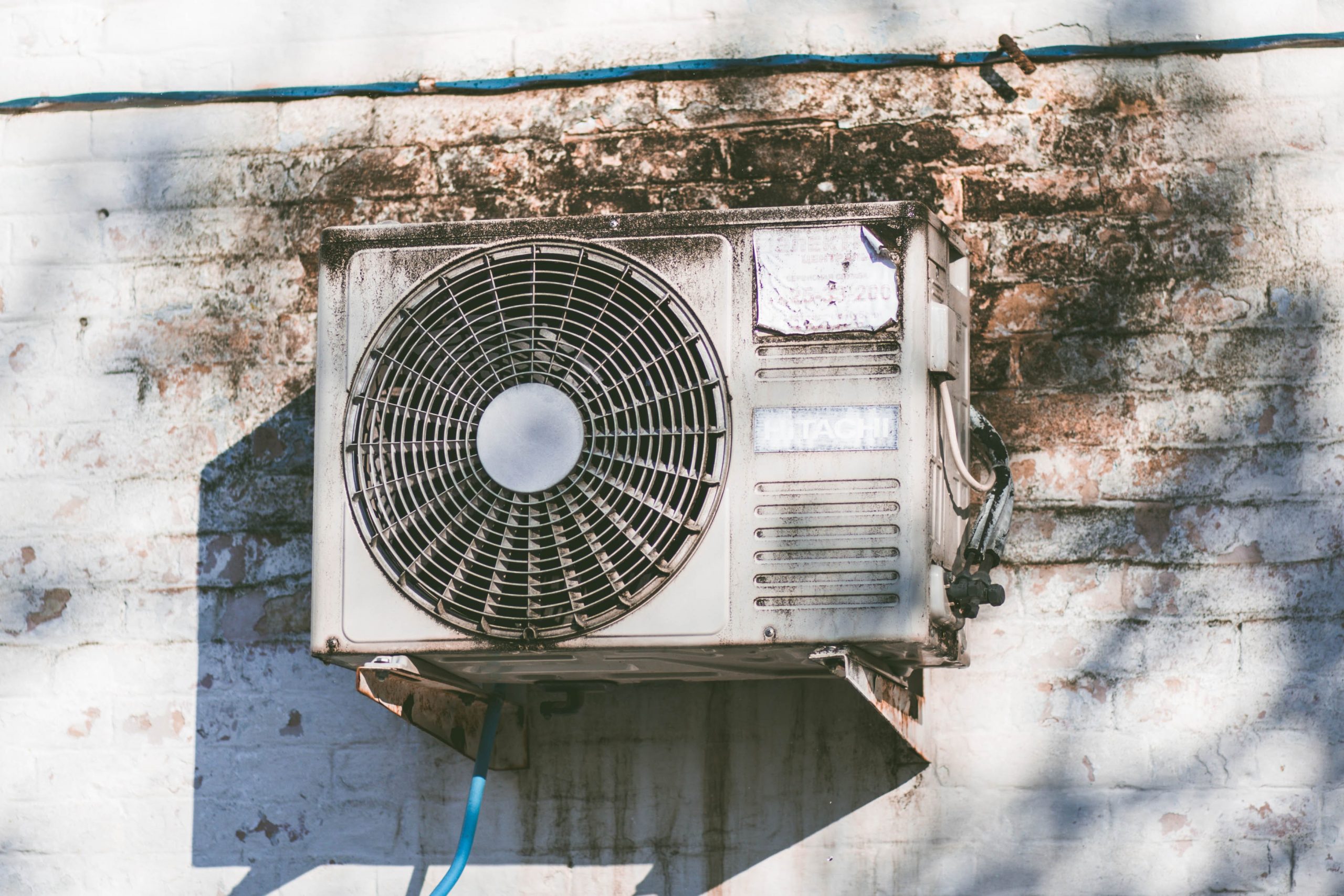Paver Sealer: Protect, Enhance, and Extend Your Investment
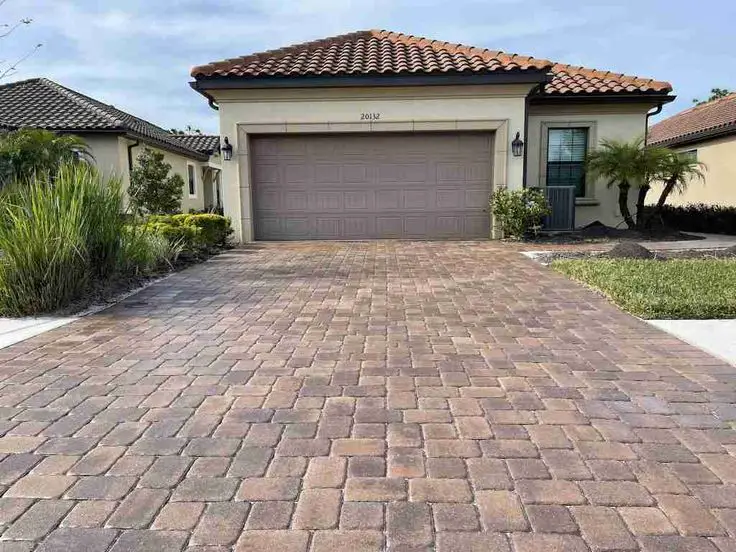
When you have invested in creating a beautiful outdoor space using pavers, it’s essential to protect and maintain them to ensure they remain in top condition for years to come. One of the best ways to achieve this is by using a paver sealer. But with countless products on the market, how do you select the right one for your needs? Let’s dive deep into the world of paver sealers.
What is Paver Sealer?
Paver sealer is a liquid product designed to provide a protective coating to pavers made of concrete, brick, stone, and other porous materials. This sealer protects the pavers from various elements, such as UV rays, rain, spills, and general wear and tear. It also enhances the pavers’ appearance by giving them a glossy or matte finish, depending on the product you choose.
Benefits of Sealing Your Pavers
Protection
Pavers are exposed to various elements, including sun, rain, snow, and even chemicals. A sealer acts as a shield, preventing these elements from damaging the pavers.
Enhanced Appearance
Sealers can accentuate the natural colors of your pavers, making them look more vibrant. You can opt for a wet look, matte, or glossy finish based on your preference.
Prevents Stains
A sealed surface is less porous, reducing the chances of oil, grease, or other spillages from penetrating the paver, making cleaning easier.
Weed and Ant Prevention
Sealer fills the joints between pavers, deterring weed growth and ant mounds.
Enhances Longevity
By safeguarding against erosion and wear, sealed pavers can maintain their integrity and aesthetics for a longer period.
Choosing the Right Paver Sealer
There are primarily two types of sealers: penetrating sealers and film-forming sealers.
Penetrating Sealers
As the name suggests, these penetrate the pavers and offer protection without altering their appearance. They’re ideal for those who prefer a natural look.
Film-forming Sealers
These form a film or coating on the surface of the paver. They provide a glossy or wet look and are perfect for enhancing the paver’s color.
When choosing a sealer, consider:
Paver Material
Different pavers might require specific types of sealers.
Desired Finish
Determine if you want a glossy, matte, or natural finish.
UV Resistance
Ensure the sealer offers protection against harmful UV rays, especially in sunny areas.
Breathability
The sealer should allow the underlying material to breathe, preventing moisture build-up.
Application Tips
1. Clean First
Before applying sealer, ensure the pavers are thoroughly cleaned. Remove any stains, dirt, or algae.
2. Test
Always test the sealer on a small, inconspicuous area before applying it entirely.
3. Weather Watch
Avoid sealing pavers on extremely hot or rainy days. Ideally, choose a dry day with moderate temperatures.
4. Multiple Coats
Depending on the product, two thin coats are often better than one thick coat.
5. Maintenance
It’s recommended to reseal your pavers every 2-3 years, depending on the wear and tear and the product’s quality.
Common Misconceptions About Paver Sealers
Despite their importance, there are several misconceptions surrounding paver sealers. Let’s dispel some of these myths.
“All Sealers Are the Same”
Not all paver sealers are created equal. They differ in composition, finish, protection level, and longevity. Always research the product and ensure it aligns with your specific needs.
“Newly Laid Pavers Don’t Need Sealing”
While new pavers do look pristine, sealing them right after installation can prevent early damage and wear. It ensures they remain in prime condition from the get-go.
“Sealing Pavers Makes Them Slippery”
While some film-forming sealers can add a sheen, it doesn’t necessarily mean they’ll be slippery. Many sealers come with non-slip additives. If slip resistance is a concern, especially around pool areas, ensure your chosen product addresses this.
Environmental Considerations
Modern advancements have ushered in eco-friendly paver sealer options. Here’s what to consider:
Low VOCs
Volatile Organic Compounds (VOCs) are harmful to both health and the environment. Many sealers nowadays have low VOC content, making them environmentally friendly and safer for use.
Water-based vs. Solvent-based
Water-based sealers are typically less toxic than their solvent-based counterparts. They also have lower odor, making them preferable for residential areas.
Storage and Disposal
Post-application, if you have leftover sealer, it’s crucial to store it correctly. Keep it in a cool, dry place away from direct sunlight. Ensure the lid is tightly sealed to prevent drying out. For disposal, never pour leftover sealer down the drain. Check with local regulations for proper disposal methods.
Final Thoughts
Concrete pavers, whether made of natural stone or other materials, are an elegant addition to any outdoor space, but their beauty and durability can be compromised without proper care. Applying paver sealer, especially non-film forming types like solvent-based sealers, ensures that the paver surface remains shielded from external elements, preserving the brilliance of a matte finish sealer or the shimmer of a wet edge.
It’s crucial to clean pavers thoroughly, making sure to remove any loose sand from paver joints, before embarking on the sealing process. Once the first coat has been meticulously applied, paying attention to areas like joint sand, a second coat can further solidify the protection, typically offering coverage that ranges depending on the product, sometimes averaging at a certain square footage per gallon. Remember, to protect pavers is to uphold the charm and longevity of your outdoor masterpiece.

